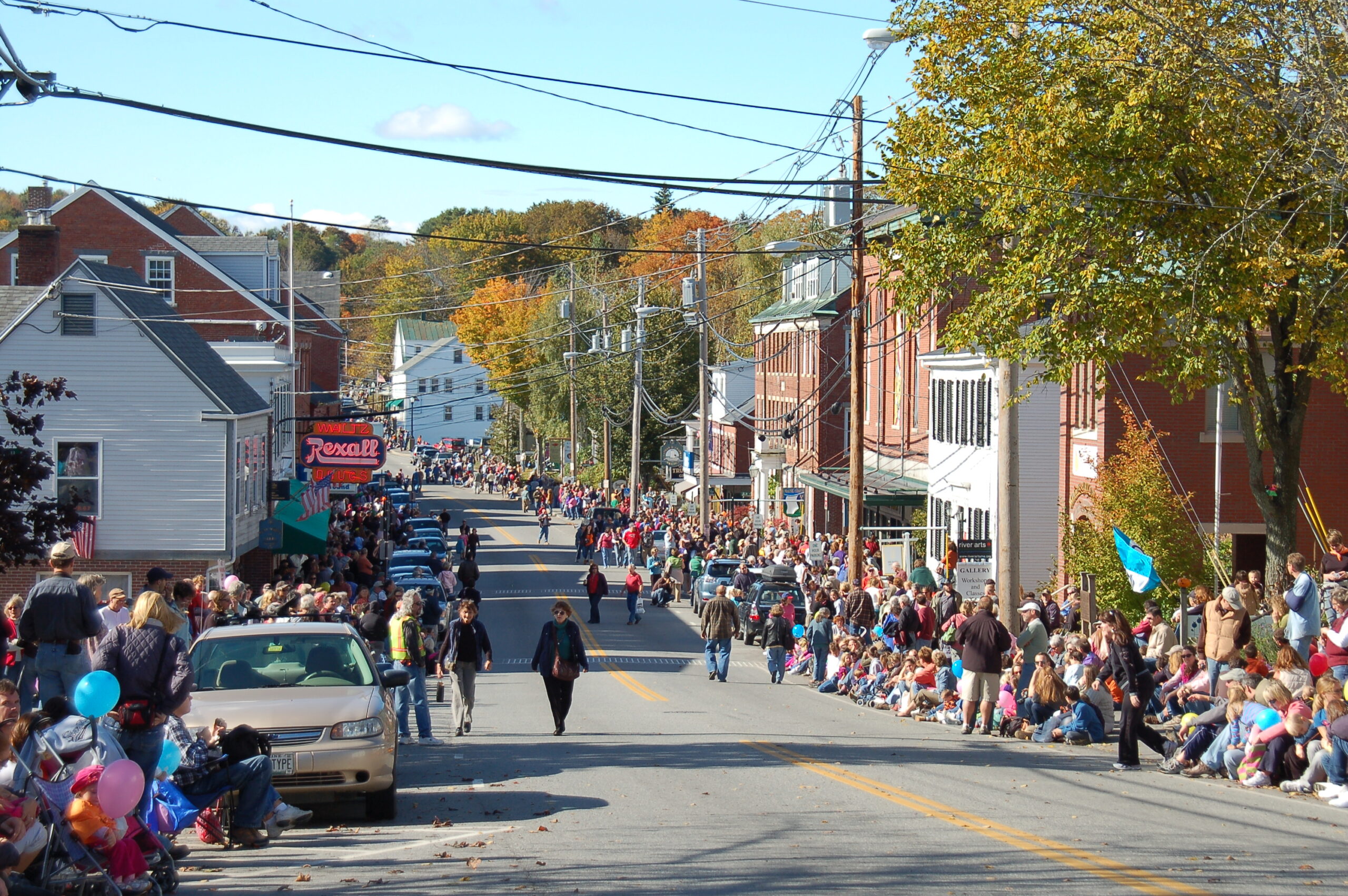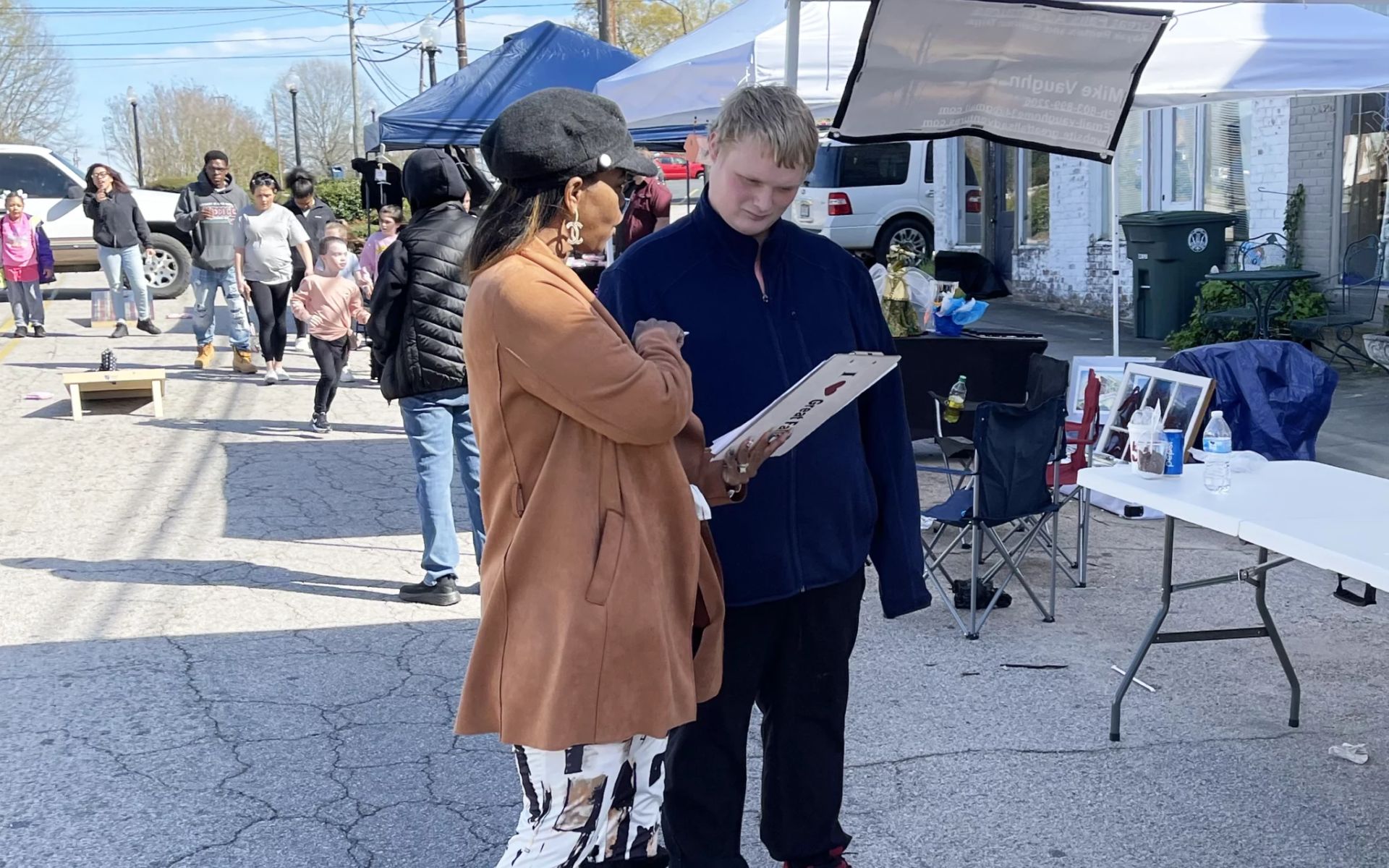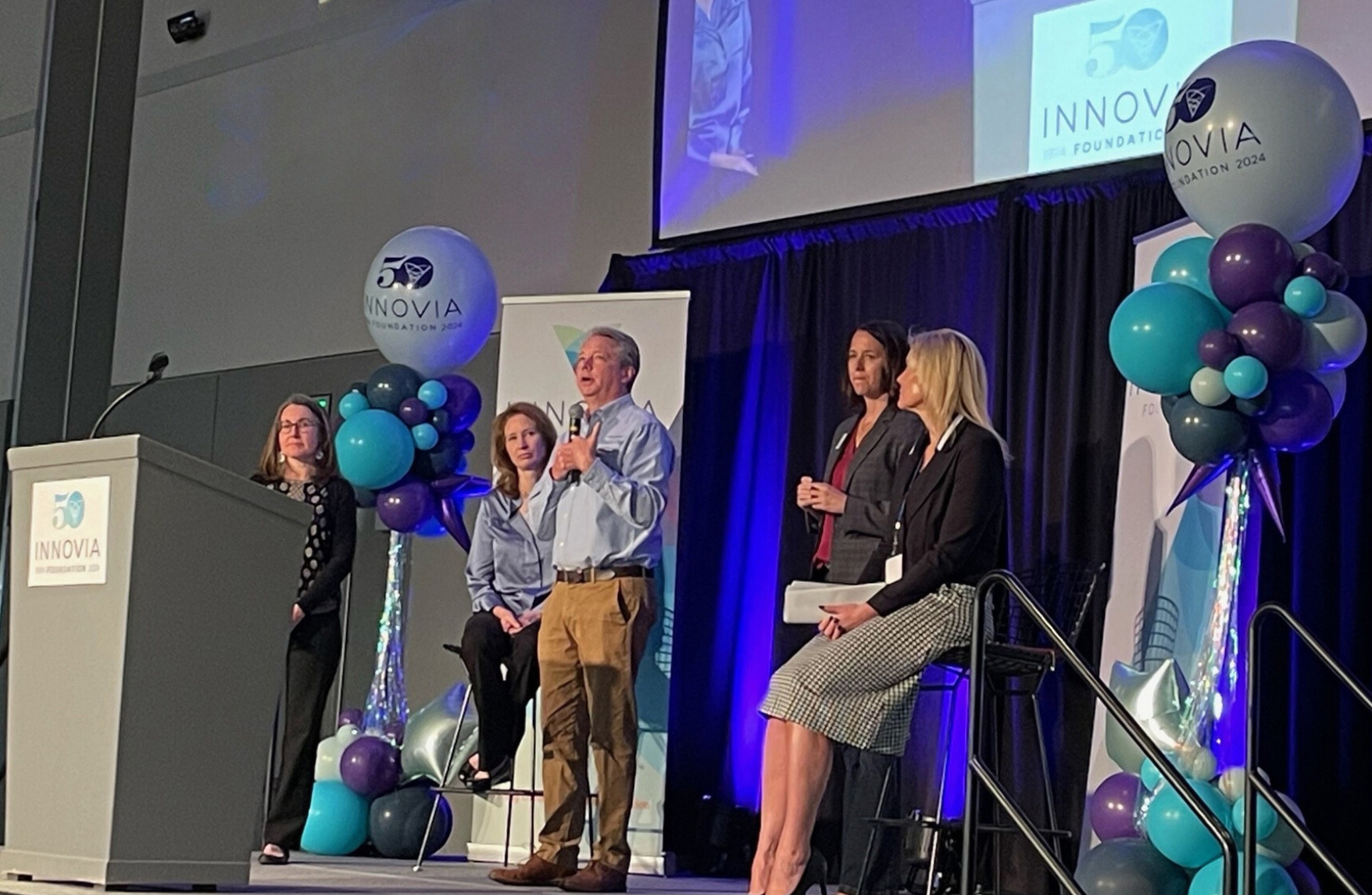Hobgoblins in the Humanities

This post first appeared on the Pennsylvania Historic Preservation blog.
Can I tell you about something that gives me chills and sends me running? October is Arts & Humanities Month. It’s also time for Halloween, so when I was invited to submit a post, our friends at SHPO asked if I could kill two birds with one stone and do justice to both October happenings. I decided to oblige by writing about some bad spirits that bedevil me at work: the humanities hobgoblins!

I start with background about my job at the Pennsylvania Humanities Council (PHC). I’m proud that PHC prioritizes working with people who face financial challenges and intentionally focuses on them. Our programming is grounded in research that point to how the humanities can expand opportunities for Pennsylvanians through civic engagement and education.
We are motivated by our conviction that the humanities are indispensable to a strong democracy and a vibrant America. We are also driven by our concern about the growing divide between the haves and have nots, especially citizens of color whose potential is drastically constricted by the forces of racism. To address this divide, we embrace impactful humanities programming that makes positive change.
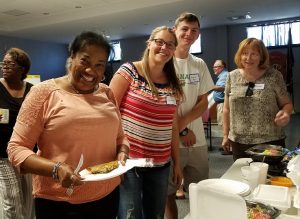
PHC views the humanities well beyond liberal arts subject areas. They are a process for thinking, learning, and reimagining; they are a method for collecting and analyzing ideas and information and synthesizing them in order to develop a new vision. The humanities build skills such as critical thinking, communications, and collaboration. They are also tools for bringing people together to deliberate over issues and ideas. If you acquire valuable skills, you can contribute to the community and the economy. If you and your neighbors agree on how you can make a difference, you can work together to improve your town.
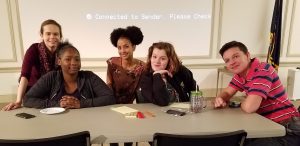
And the place you call home matters!
Economist Raj Chetty and his project The Opportunity Atlas demonstrate how much communities determine how their kids will do in life – for many families, scary stuff. Community Heart & Soul, a resident-driven community visioning and planning model, is one way we support residents in strengthening their communities. Pioneered by our partners the Orton Family Foundation, Heart & Soul uses people’s stories and the humanities to engage residents in learning from one another, exploring community narratives, and articulating the community’s core values, values that unite residents and serve as criteria for collective decision-making.
Heart & Soul is a long-range commitment, but the hard work is not handed off to experts or consultants. Heart & Soul rests on the principle that the residents themselves are the experts who can do the work with the right support. That aligns with PHC’s belief that every person can be a humanities practitioner if given the opportunity and resources.
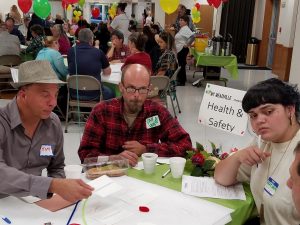
Now to the humanities hobgoblins.
These hobgoblins are imps of the mind, preconceptions and misconceptions, which tell us how the humanities should be. Some hobgoblins wonder how a program can be a humanities program if it takes place outside traditional cultural venues like colleges, museums, or public libraries or is sponsored by organizations that seem like unlikely hosts, for example, a revitalization authority. Others are flummoxed when community stories, not literary classics, are the focal point for inquiry.
Yet others, more comfortable with traditional cultural fare such as scholarly lectures, are baffled by the way resident-driven humanities programs unfold; they are flabbergasted by the commotion at Heart & Soul workshops where citizens work together and parse values emerging from residents’ stories or generate ideas around their community values.
More virulent hobgoblins demand to know where the “real” expert is, that is, the credentialed academic. Last, the most fiendish stridently opposes applying the humanities to social causes and insists that the humanities should be appreciated for their own sake. Do these hobgoblins sound familiar to you?
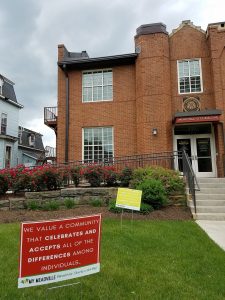
Arts & Humanities Month is an occasion to reflect on the value of the humanities to the public, and I hope that we can consider how these hobgoblins touch on serious equity issues. When we make calls about where the humanities take place, how humanities programs should be conducted, and what texts can be counted as humanities-worthy, we set limits on the types of people who participate in the humanities.
When we privilege some people over others because they are “experts,” we create a hierarchy where some are more important than others. Finally, I’d like to note that the opinion that the humanities should be appreciated for their own sake is often espoused by those who are often older, white, and affluent. People from other backgrounds may appreciate the humanities in different ways. To promote equality, we may need to revisit our personal beliefs and examine how they may reinforce inequities that make life harder for many.
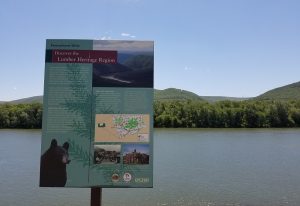
The humanities shine a light on local culture, heritage, and unique landscapes.
I end this post by encouraging us all to cast the hobgoblins aside and see what happens when ordinary people have the chance to step up as humanities practitioners.
In Greater Carlisle, Williamsport, and Meadville, the Heart & Soul process has elevated residents to lead through the humanities. Folks in all three communities came out strongly for heritage and historic preservation, vibrant cultural life, education, and diversity – priorities for many of my humanities colleagues — and affirmed that they are as important as a strong local economy, health and well-being, and the natural environment and green space.
I’m looking forward to watching our Heart & Soul towns as they implement their action ideas, and I’m hoping that by benefiting many Pennsylvanians, their successes will convince others that it may be time to let go of the hobgoblins and let them rest in peace.
This week’s guest contributor is Mimi Iijima from the Pennsylvania Humanities Council. The Pennsylvania Humanities Council is an independent partner for the National Endowment for the Humanities (NEH), part of a network of 56 state humanities councils that span the nation and US jurisdictions. Mimi Iijima is Director of Programs at PHC, and since 2013, when PHC embarked on a major change in strategic direction, Mimi has been leading the charge to overhaul PHC’s programming, applying the humanities to build avenues for civic involvement and community development and to strengthen skills for school, work, and personal improvement among youth and adult learners.
This post first appeared on the Pennsylvania Historic Preservation blog.


